| From
visionary and defender of local grape
heritage, Fujimaru, come these original,
expressive, crushable wines. The Japanese wine
renaissance is here now, in limited
quantities. As they say — "No wine no life".
Get yours now. |
|
| View online | |
| Fujimaru |
| From Japan with
love |
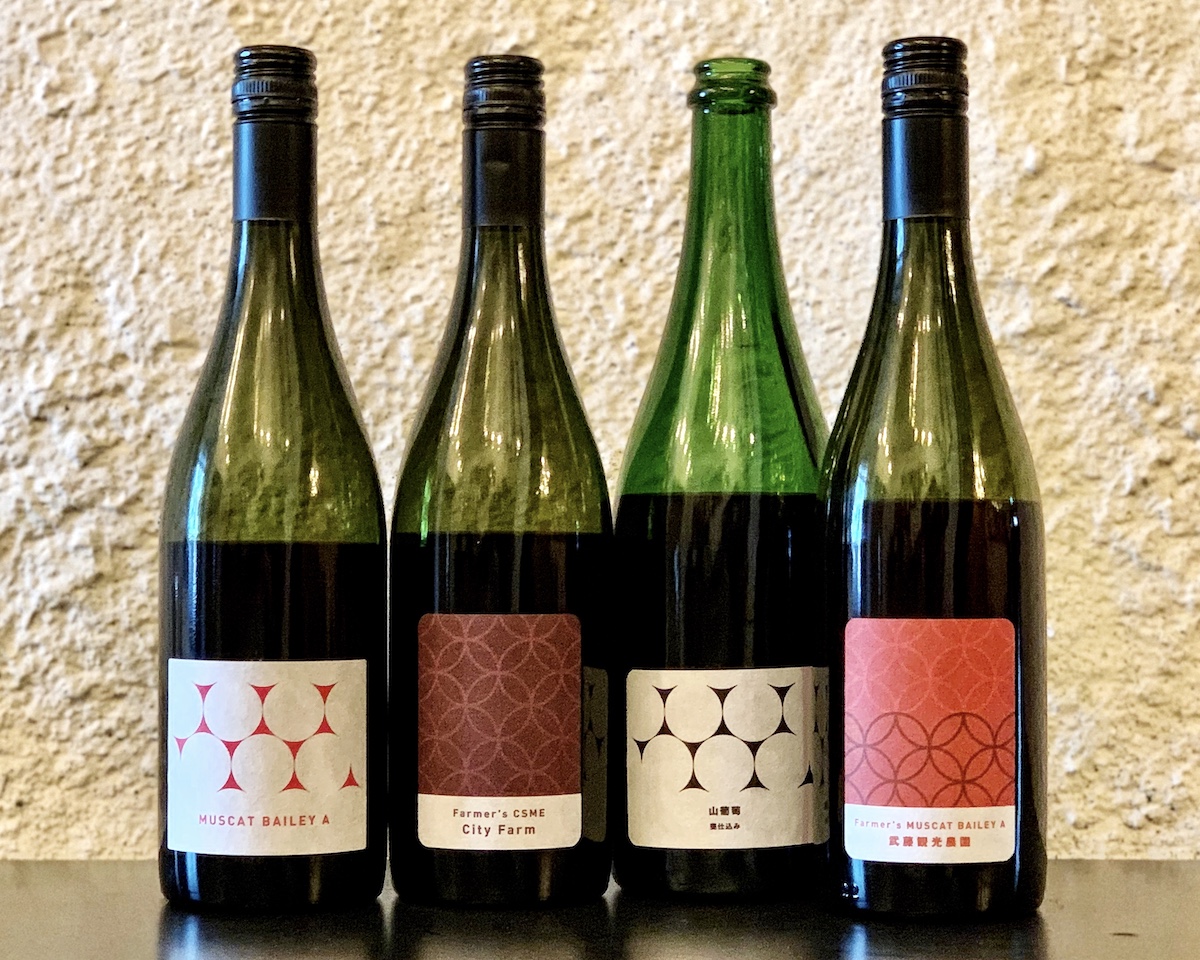
|
There is a renaissance taking place in the
Japanese wine scene which has seen the emergence
of top-notch authentic fine wines in recent years.
However, like most things Japanese, these estates
are very tiny and their wines are mostly never
exported. |
What’s exciting about these wines is that they don’t pretend to be anything else. Their respective makers happened to set out with a common goal of expressing unique flavours and textures, and a near-religious mission to be compatible with local cuisine. The wines are proud flag-bearers of their culture and origin, and whatever form they take, they are absolutely original.
If you’ve wondered why Japanese wines never quite seemed
to hit the mark in the past, you’re not alone. In our
exploration of the local wine scene, we discovered that
most of the wineries that we consider to be exceptional
only came into existence in the later part of the 2000s.
Given the amount of time needed for vineyards to mature
and for the resultant wines to complete their élevage,
it’s not surprising that the best examples from this
Japanese wine renaissance only began appearing on
winelovers’ radar a few short years ago.
Some of these winemakers were doubtless inspired by their
personal experiences with natural wine, which had become
more visible as a movement around the turn of the
millennium. Japanese consumers embraced natural wines
early on, and Japan is now one of the world’s largest
export markets for vin nature. Many of the most
compelling Japanese wineries today have now adopted
minimal-intervention principles, tweaked according to
their own individual approaches.
One such winery is the eponymous Fujimaru, founded by Tomofumi Fujimaru (pictured below).
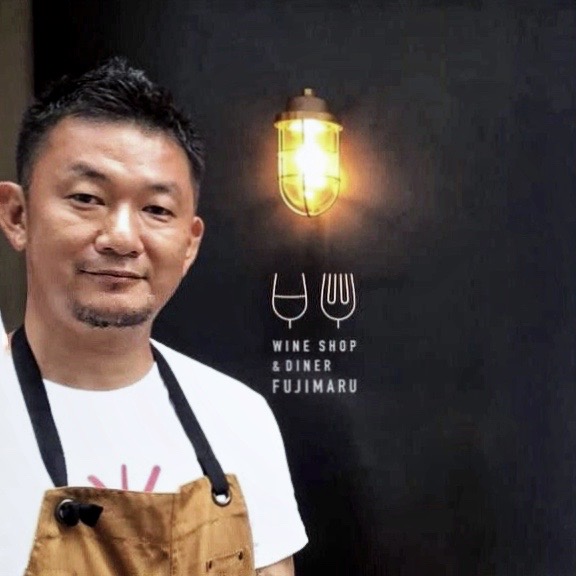 Fujimaru-san’s
project didn’t start out as a winery. When he founded his
company in Osaka in 2006, it was with the goal of
operating a wine retail and distribution business. The
outfit’s mission was simply to represent an interesting
range of local wines, and have its professional staff
assist clients with wine recommendations.
Fujimaru-san’s
project didn’t start out as a winery. When he founded his
company in Osaka in 2006, it was with the goal of
operating a wine retail and distribution business. The
outfit’s mission was simply to represent an interesting
range of local wines, and have its professional staff
assist clients with wine recommendations.
It was not long before Fujimaru-san discovered that the
Osaka area actually had a history of over 120 years of
grape growing. But with rapid urbanisation in progress,
the vineyards were fast disappearing. Fujimaru-san felt
the urge to preserve this important aspect of local
heritage, so in 2010 he began to cultivate grapes on an
abandoned farm in Kashiwara City, Osaka Prefecture. His
focus was on the Delaware variety, which had been
cultivated in the local area for many years. The vineyards
soon grew to over 2 hectares.
The resulting wines were an instant hit, and this encouraged Fujimaru-san to consider expanding. His small company, however, did not have the resources to purchase and run additional vineyards. Nevertheless, his success started to convince many Japanese grape farmers that growing local grapes to make wine might in fact be feasible. This happy news spread quickly, attracting long-time landowners — some from as far away as eastern Japan — who eagerly offered to collaborate with him.
With so many enthusiastic grape farmers suddenly at his
disposal, Fujimaru-san began buying grapes only from
trusted farmers who met his stringent criteria. Both for
his owned vineyards as well as contracted vineyards, he
follows a viticultural philosophy of lutte raisonnée
— no chemicals are used unless absolutely necessary. He
started first with the Osaka area, but before long, he had
amassed interest from dedicated farmers on the eastern
side of Japan. Thus he decided to set up another winery in
the Tokyo area in order to vinify their grapes too.
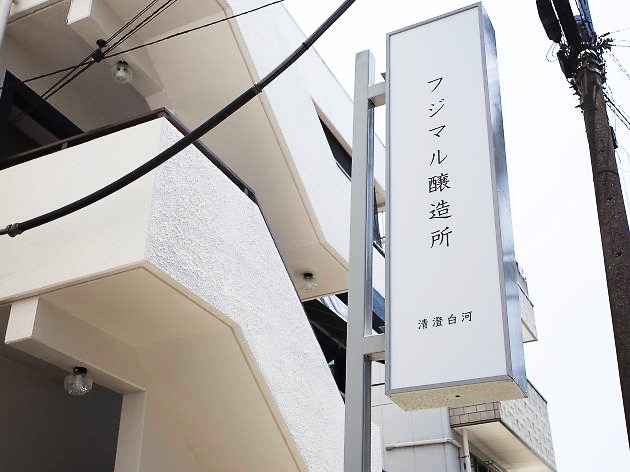 The Fujimaru urban winery in Kiyosumi, Tokyo. Both the Tokyo outpost and the original urban winery in Osaka are multi-concept spaces which each house a bar/tasting room and a casual restaurant. |
Fujimaru-san has long been fascinated by the relationship between the winemaker, the wine and the wine drinker, and he intuitively understands what is needed to connect grapes with humans. It is almost serendipitous that in his desire to give Japanese grapes an expressive voice in top-quality regional wines, he has been able to strengthen these connections further.
This passionate, dynamic man has now evolved his
enterprise to encompass nearly the full chain of the wine
industry — he is a vineyard manager, winemaker, negociant,
wine distributor, wine shop proprietor, and restaurateur
all rolled into one. With two wineries in Osaka and Tokyo,
the name Fujimaru has now become synonymous with the
concept of urban winery in Japan, and the human-grape
connection grows ever stronger.
Fujimaru-san firmly believes that wine is one of life’s
daily necessities (indeed, the front label of his Cuvée
Papilles sports the mantra “No Wine No Life”
). He wants to make wine that is accessible as a daily
beverage — a bottle on the table every night. But the wine
must also be suitable for accompanying the delicate
flavours of Japanese cuisine. Thus, brash, bombastic wines
will never be found in the Fujimaru stable.
To anyone who is immersed in the burgeoning Japanese wine
scene, a bottle of Fujimaru wine is instantly
recognisable. But with a total of just 35,000 bottles
produced a year, and a thirsty domestic market ready to
pounce on whatever is produced, it is little wonder none
of it has ever been exported.
Well, at least not until now.
| Straight
from Japan, the wines from Fujimaru
are now here and ready to delight. Not only are they
lovable, fresh and expressive ambassadors of their
respective grapes and terroirs; they are also
massively crushable and supremely food friendly.
This may be a small allocation, but it is a
significant milestone in our mission to bring you
the most exciting artisanal wines from around the
world. The Japanese wine scene is growing
increasingly vibrant, and we could not be more
excited about its continuing renaissance. |
Say hello to notable local grapes such as the aromatic Delaware for the whites and the cool-fruited Muscat Bailey A for the reds. Here, even Cabernet Sauvignon and Merlot have acquired an unmistakable local accent growing on these soils: more open-knit, delicate and, yes, Japanese-food friendly. With these wines, it is indeed dangerously easy to end up with a bottle on the table every night.
This offer is valid until 5 August 2020. Orders will be processed subject to remaining availability and final written confirmation. Full payment is required no later than 7 days after confirmation invoice is sent in order to confirm the purchase. All terms and conditions apply.
| - OFFER VALID ONLY UNTIL
5 AUGUST 2020 - PRICES ARE QUOTED NETT in SGD - ALLOCATION RULES MAY APPLY - SUBJECT TO FINAL WRITTEN CONFIRMATIOn |
| White, Sparkling, Skin-Contact |
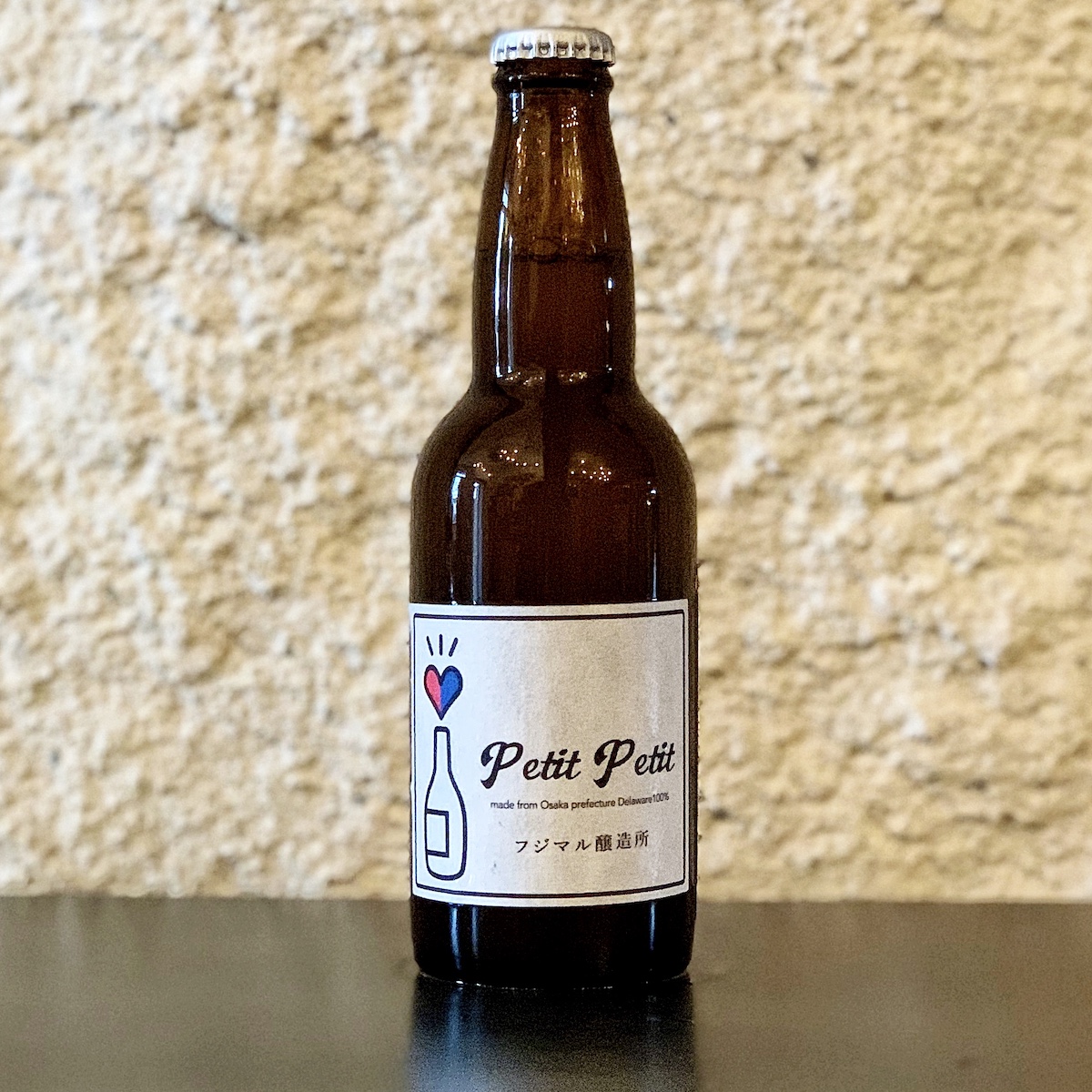 |
|||||
|
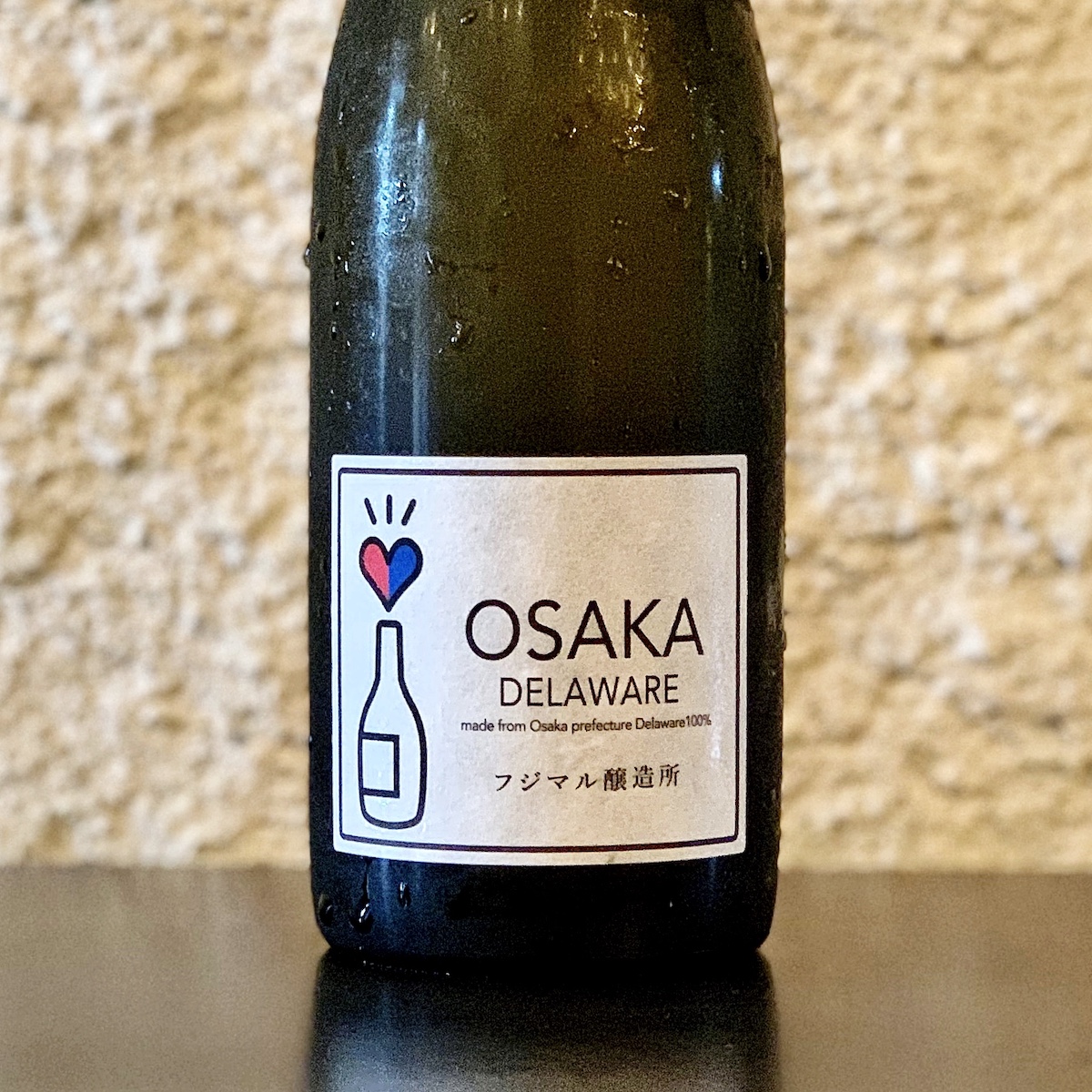 |
|||||
|
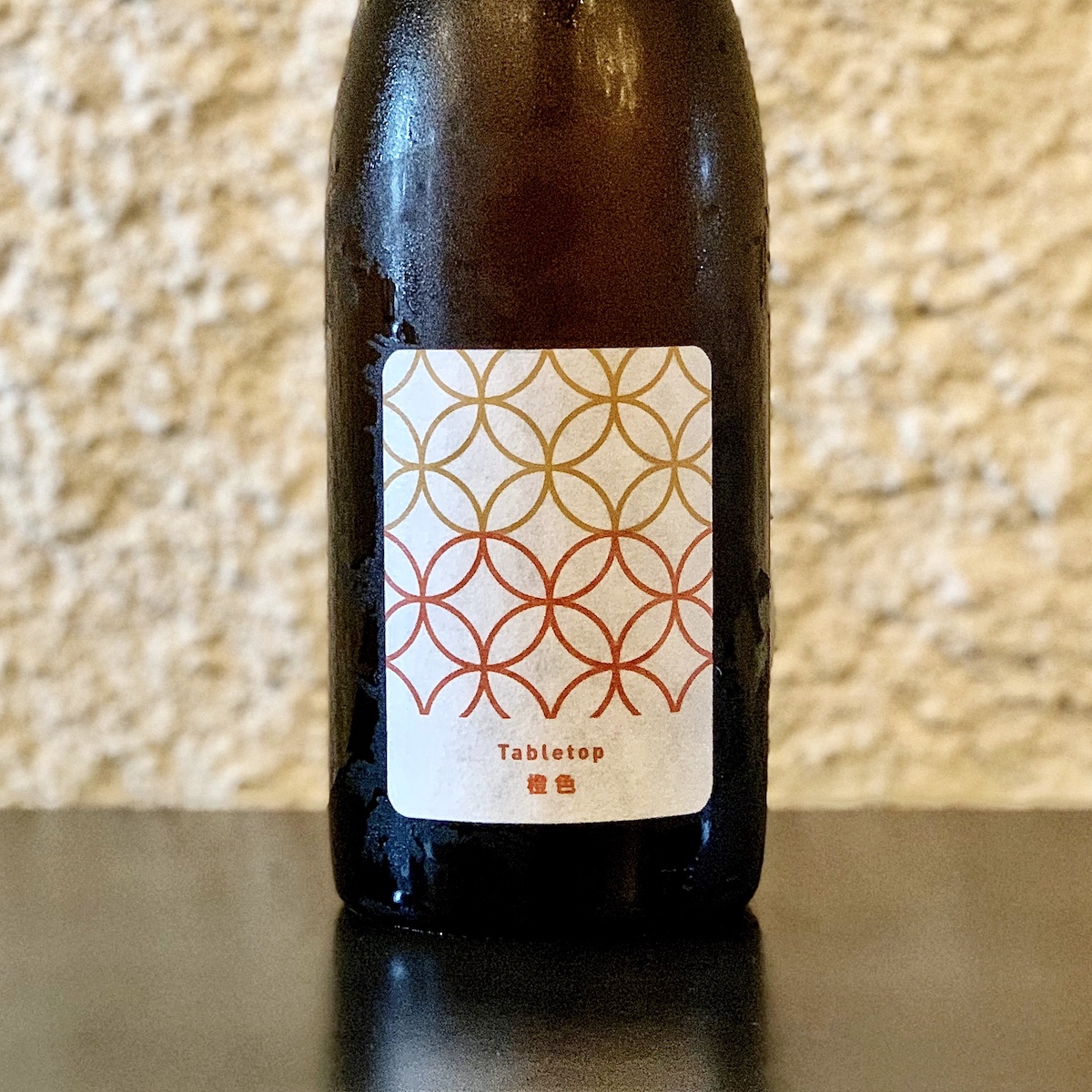 |
|||||
|
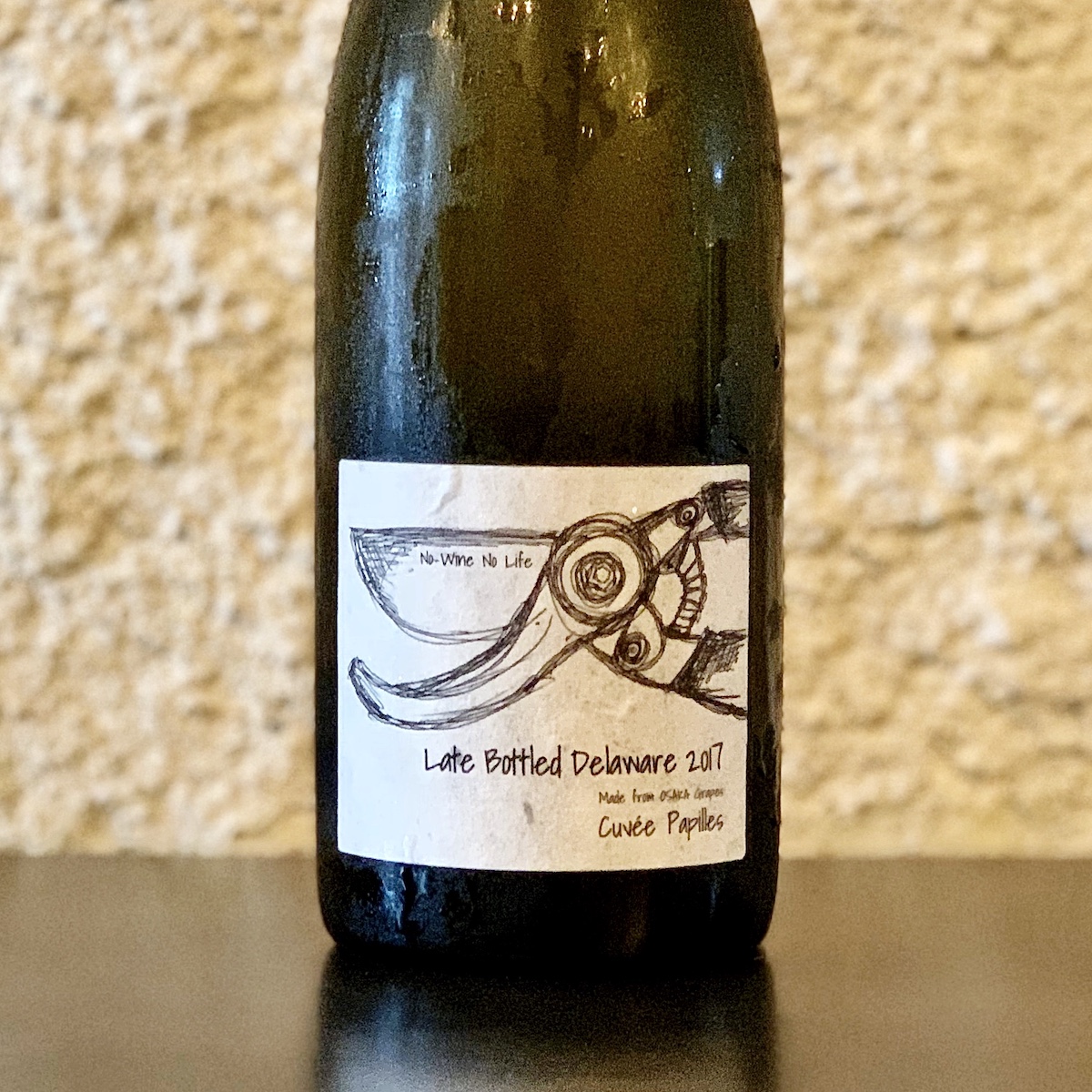 |
|||||
|
| Red Wines |
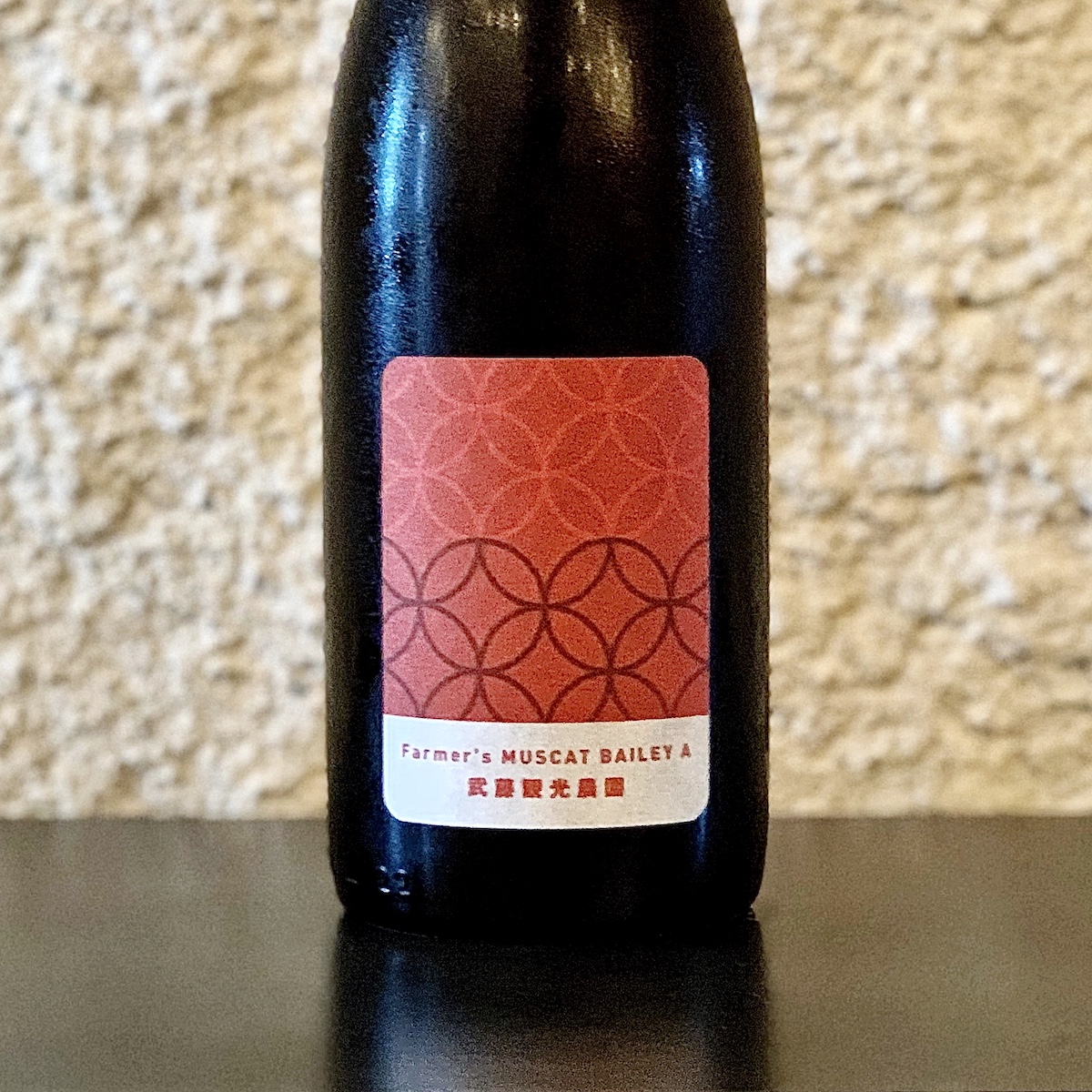 |
|||||
|
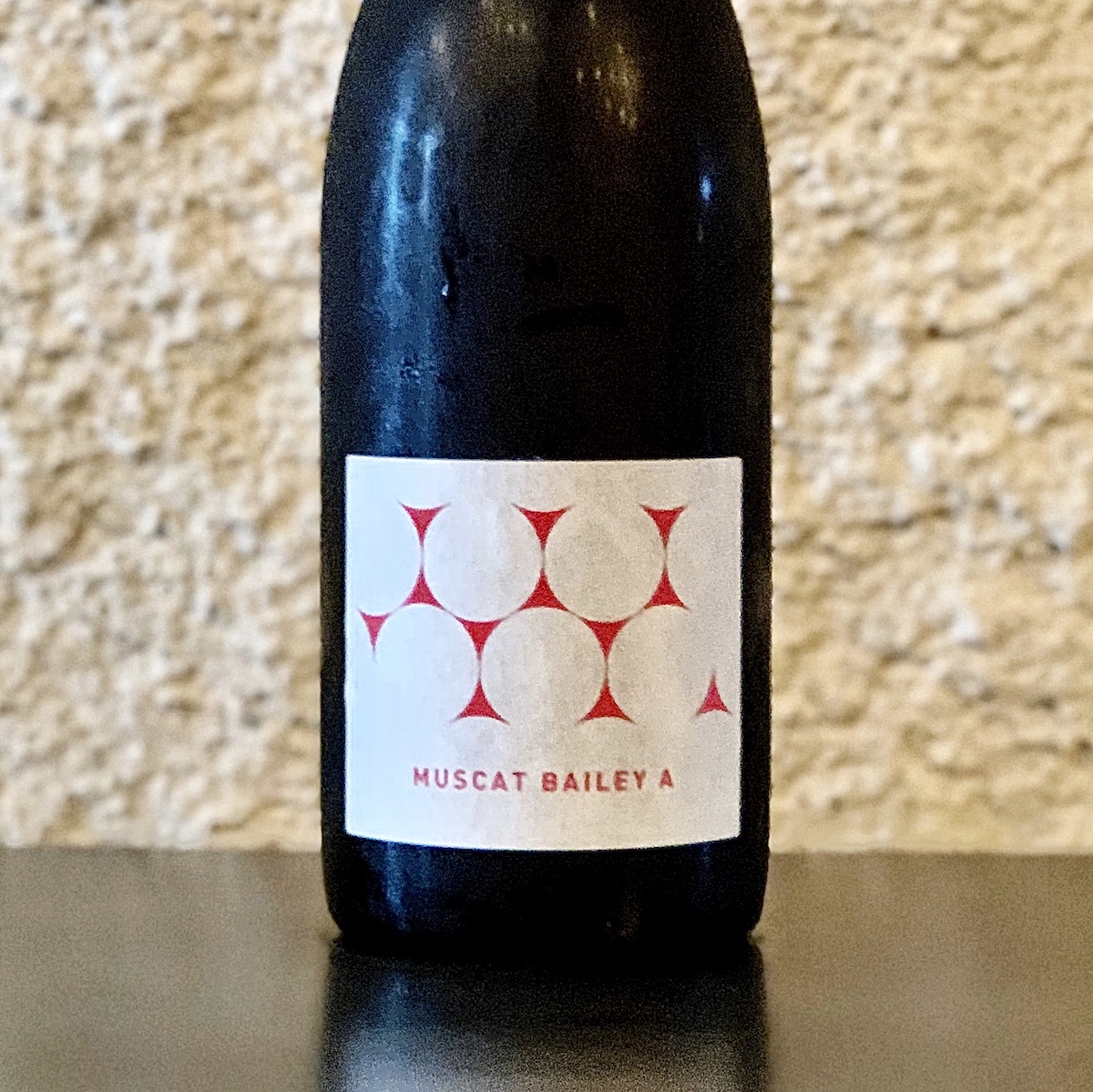 |
|||||
|
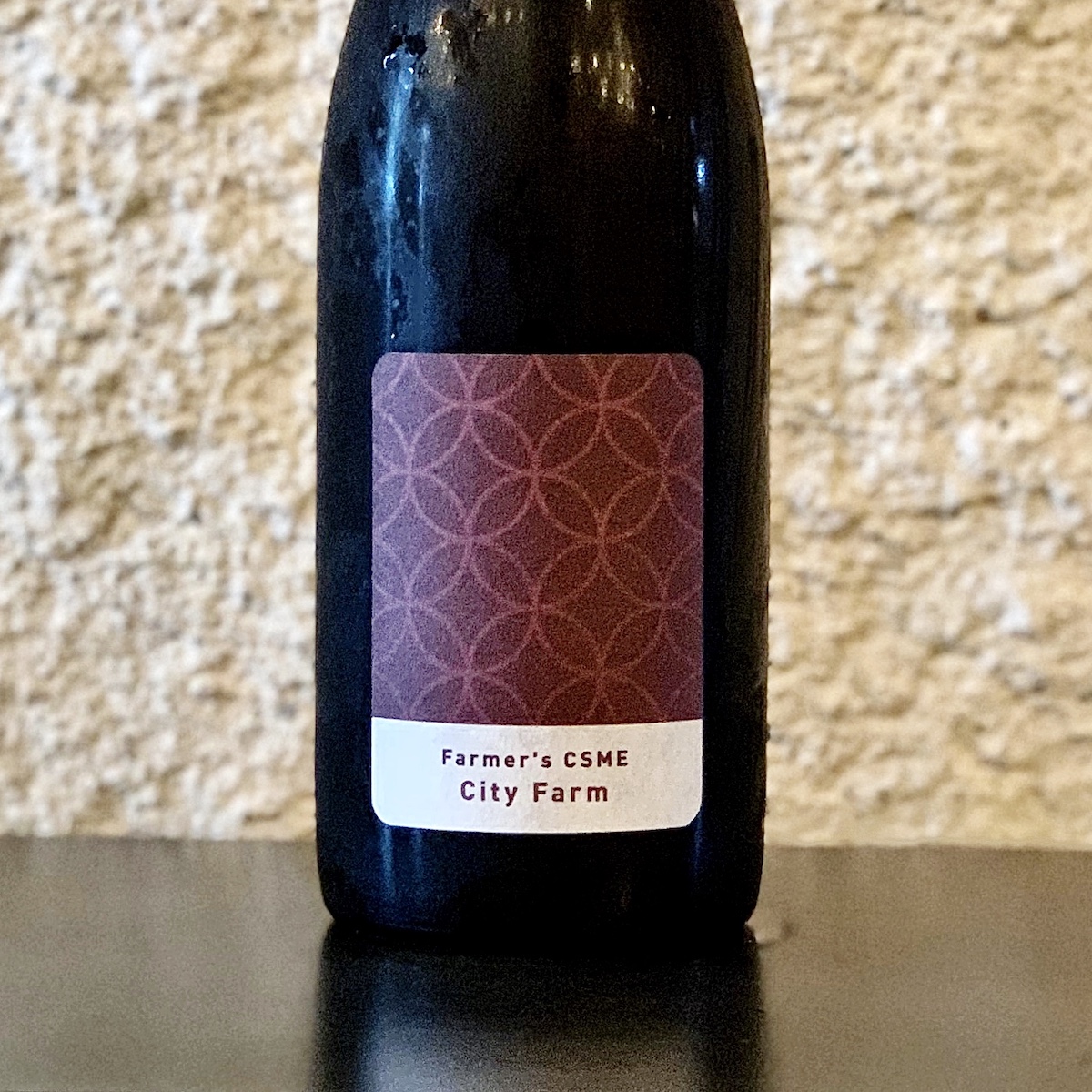 |
|||||
|
TERMS
& CONDITIONS
|
ARTISAN CELLARS JULY 2020
WINE LIST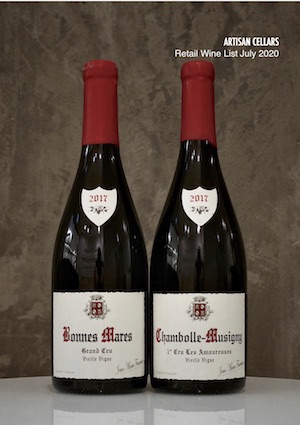 This
list outlines a compilation of artisanal wines that
we carry. We take pride in the sourcing and
provenance of our wines, from the most affordable to
the higher ends. As importers, most of our wines
come direct from the estates. We are proud to work
with the most respected growers from every wine
region, each of them representing the very best that
their respective appellation is capable of
producing. To augment our list, we occasionally
include quality wines from only impeccable sources.
Regardless of point of origin, we are always
committed to shipping and storing them in ideal
cellar conditions. Please email us at sales@artisan-cellars.com
or call us at +65 6838 0373 to enquire about exact
availability of wines, or to find out anything you
wish to know about our wines. This
list outlines a compilation of artisanal wines that
we carry. We take pride in the sourcing and
provenance of our wines, from the most affordable to
the higher ends. As importers, most of our wines
come direct from the estates. We are proud to work
with the most respected growers from every wine
region, each of them representing the very best that
their respective appellation is capable of
producing. To augment our list, we occasionally
include quality wines from only impeccable sources.
Regardless of point of origin, we are always
committed to shipping and storing them in ideal
cellar conditions. Please email us at sales@artisan-cellars.com
or call us at +65 6838 0373 to enquire about exact
availability of wines, or to find out anything you
wish to know about our wines. |
||||
|
390 Orchard Road B1-01 Palais Renaissance Singapore 238871 t +65 6838 0373 f +65 6836 0036 e sales@artisan-cellars.com w www.artisan-cellars.com |
 |